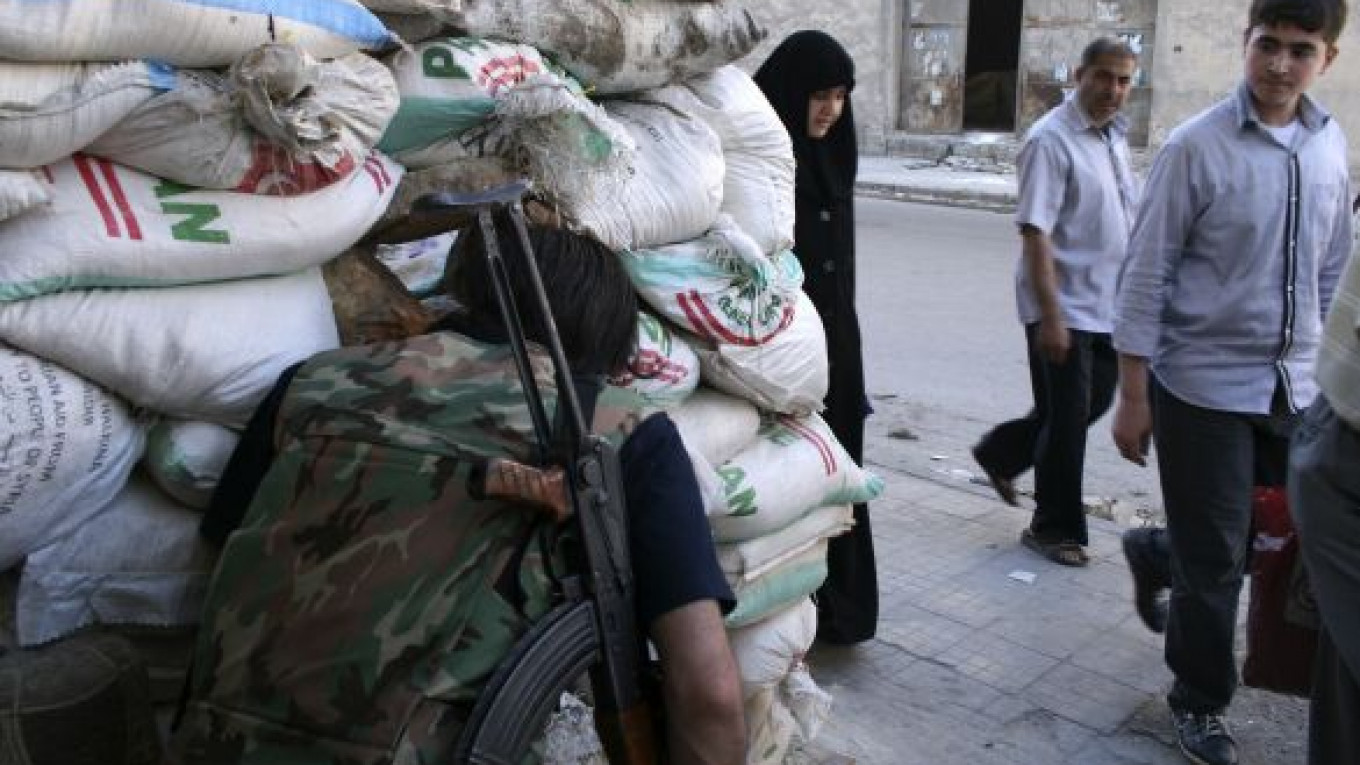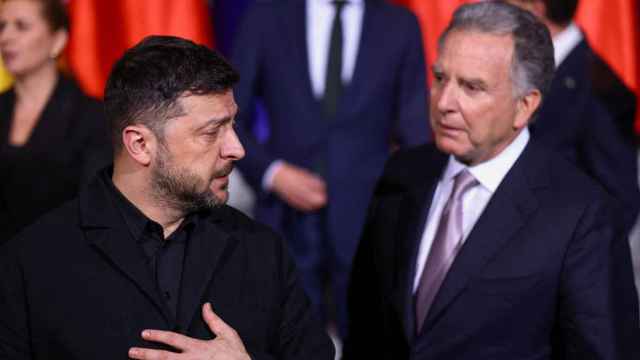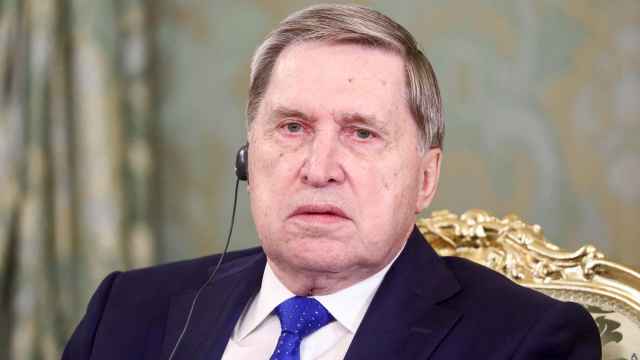Israel has responded to Syrian President Bashar Assad's announcement on Thursday that the first S-300 anti-aircraft missiles had arrived from Russia by declaring it could overcome the missiles if deployed in Syria, but any strikes on the system would be difficult and risk alienating its supplier.
Israel has pledged to take preventive action, seeing a future Syrian S-300 as a "game-changing" threat to its own airspace as well as to the relative free rein with which it now overflies its northern foe as well as neighboring Lebanon.
The Israeli newspaper Haaretz quoted National Security Adviser Yaakov Amidror as warning European diplomats that Israel would "prevent the S-300 missiles from becoming operational." That may be achieved by ensuring that Assad does not get the full system, experts say, or by disabling it militarily if he does.
"The S-300 would be the pinnacle of Russian-supplied arms for Syria," Colonel Zvika Haimovich, a senior Israeli air force officer, said in an interview. "Though it would impinge on our operations, we are capable of overcoming it."
‘The S-300 would be the pinnacle of Russian-supplied arms for Syria.’
Zvika Haimovich
Israeli Air Force Officer
He said Israel's "red line" on the S-300 was "between Syria and others." This was a hint that Israel might hold off on bombing the batteries as long they did not appear set on shooting down planes within Israeli airspace, or at risk of being transferred to Lebanese Hezbollah guerrillas or to Iran — both staunch allies of Assad and enemies of Israel, or of being looted by Islamist rebels.
A source close to Russia's Defense Ministry agreed that the Israelis "likely have a million ways to combat the S-300 electronically." But he questioned their feasibility because they had not been tested in war.
Former Israeli defense minister Moshe Arens said Moscow should be mindful of the harm that seeing the S-300 defeated in Syria would do to exports of the system elsewhere.
Assad's announcement came on the same day a Russian Foreign Ministry source was quoted as saying Russian, U.S. and U.N. officials would meet in June to discuss ways of bringing the warring sides in Syria together for a peace conference, Interfax reported.
"On June 5, in Geneva, a three-party meeting is expected with the participation of representatives from Russia, the United States and the United Nations at which preparations for the international conference on Syria will be discussed," the ministry source said on Thursday.
Syria's main Western-backed opposition group said Thursday that it would not participate in U.S.-Russian sponsored peace talks on Syria while massacres were underway in the country, dealing a blow to international efforts to end the devastating civil war.
A spokesman for the Syrian National Coalition, Khalid Saleh, also said the group would not support any international peace efforts in light of Iran's and Hezbollah's "invasion" of Syria.
The opposition's announcement came just a day after Syrian Foreign Minister Walid al-Moallem said the government would attend a planned peace conference in Geneva but laid out terms that made it difficult for the opposition to accept.
Al-Moallem said Assad would remain president at least until elections in 2014 and might seek another term, and also that any deal reached in such talks would have to be put to a referendum.
The Syrian National Coalition, the main exile-based political group, insists that Assad must step down and be excluded from the political process.
Material from The Associated Press has been included in this report.
Related articles:
A Message from The Moscow Times:
Dear readers,
We are facing unprecedented challenges. Russia's Prosecutor General's Office has designated The Moscow Times as an "undesirable" organization, criminalizing our work and putting our staff at risk of prosecution. This follows our earlier unjust labeling as a "foreign agent."
These actions are direct attempts to silence independent journalism in Russia. The authorities claim our work "discredits the decisions of the Russian leadership." We see things differently: we strive to provide accurate, unbiased reporting on Russia.
We, the journalists of The Moscow Times, refuse to be silenced. But to continue our work, we need your help.
Your support, no matter how small, makes a world of difference. If you can, please support us monthly starting from just $2. It's quick to set up, and every contribution makes a significant impact.
By supporting The Moscow Times, you're defending open, independent journalism in the face of repression. Thank you for standing with us.
Remind me later.






